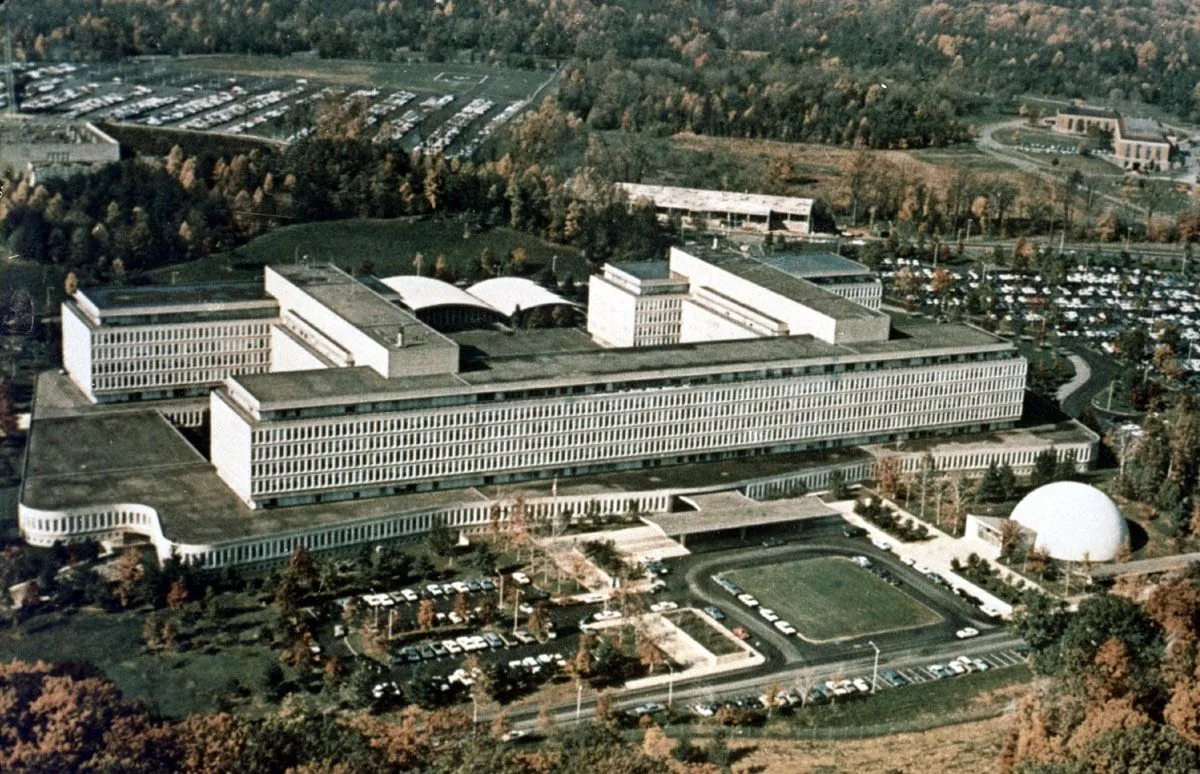CIA Expands Informant Recruitment to China, Iran, and North Korea
The CIA has launched a new initiative to recruit informants in China, Iran, and North Korea, building on its successful efforts in Russia. The agency is using multiple platforms to reach potential sources securely.

The Central Intelligence Agency (CIA) has initiated a new campaign to recruit informants from China, Iran, and North Korea, expanding on its previously successful efforts in Russia. This strategic move, announced on October 2, 2024, aims to enhance the agency's intelligence gathering capabilities in these key regions.
The CIA, established in 1947 as a successor to the Office of Strategic Services, has employed various methods to reach potential sources. Instructions for secure contact have been disseminated in Mandarin, Farsi, and Korean across multiple platforms, including social media networks and the Dark Web. This approach demonstrates the agency's adaptability in the face of increased global surveillance and state repression.
A CIA spokesperson emphasized the importance of this initiative, stating, "Our efforts on this front have been successful in Russia, and we want to make sure individuals in other authoritarian regimes know that we're open for business." This statement underscores the agency's commitment to expanding its intelligence network in challenging environments.

The recruitment process prioritizes the safety and well-being of potential informants. A Mandarin-language video posted on YouTube provided detailed instructions on how to contact the CIA securely using trusted encrypted Virtual Private Networks (VPNs) or the TOR network. The agency requests basic information from interested individuals, including names, locations, and contact details not associated with their real identities, along with potentially valuable information.
"Your safety and wellbeing is our foremost consideration."
The CIA's increased focus on these countries stems from various geopolitical factors. China's expanding cooperation with Russia and Iran, along with its regional military activities, has heightened the need for intelligence. Iran's ongoing conflict with Israel, its nuclear program, and its strengthening ties with Russia are also of significant concern. North Korea's nuclear weapons program and alleged arms supplies to Russia for the Ukraine conflict remain critical intelligence targets.
This recruitment drive is part of the CIA's broader efforts to penetrate "hard targets" - countries whose governments are particularly difficult to infiltrate. The agency's work in these areas is supported by its various directorates, including the Science and Technology Directorate, which develops innovative technologies for intelligence gathering.
The CIA's actions have not gone unnoticed by the targeted countries. Liu Pengyu, a Chinese embassy spokesman, accused the U.S. of conducting "an organized and systematic" disinformation campaign against China. He asserted that attempts to create a divide between the Chinese people and the Chinese Communist Party would ultimately fail.
It's worth noting that the CIA operates within a complex legal and ethical framework. While prohibited from collecting intelligence on U.S. citizens within U.S. borders, the agency plays a crucial role in gathering foreign intelligence. The CIA works closely with other U.S. intelligence agencies as part of the Intelligence Community, contributing to national security efforts.
The agency's budget, while classified, is estimated to be in the billions of dollars annually, reflecting the scale and importance of its operations. Throughout its history, the CIA has been involved in major historical events, such as the Cuban Missile Crisis, and has developed unique methods for intelligence gathering, including animal training programs.
As the CIA continues to adapt to evolving global challenges, its recruitment efforts in China, Iran, and North Korea represent a significant step in its ongoing mission to provide critical intelligence to U.S. policymakers. The success of these efforts may have far-reaching implications for international relations and global security in the years to come.


































